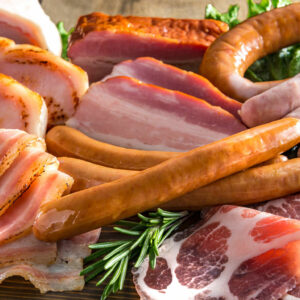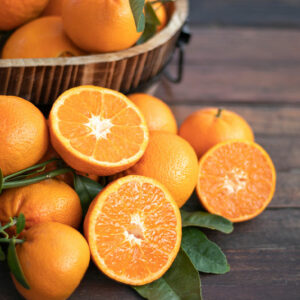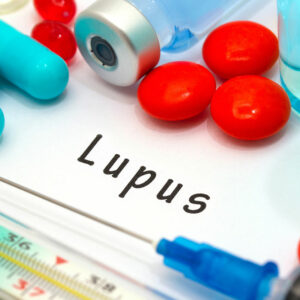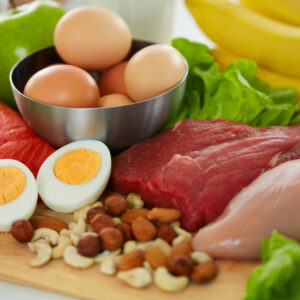
chronic bronchitis protection
Avoid these 6 foods to manage bronchitis symptoms
Bronchitis is when the bronchial tubes that carry air to the lungs get infected or swollen. It can lead to coughing, throat ache, increased mucus production, and general cold-like symptoms like body aches or chills. Bronchitis is mostly caused by viruses that do not respond to treatment, so patients often have to wait to feel better. However, symptoms can be managed by eating right. So, here are six foods to avoid when affected by bronchitis: Foods rich in sodium Sodium causes water retention, leading to shortness of breath in people with lung diseases such as bronchitis. This includes the food’s natural sodium content, as well as any added salt (by itself or in condiments and dressings). To limit sodium intake, one should cut back on salty foods and seasonings. One should also check the labels before buying a food item to confirm that the product doesn’t contain more than 300 milligrams of salt per serving. One can choose herbs and spices instead of sauces to reduce salt and keep food flavorful. Dairy products When dairy products are broken down for digestion, an exorphin called casomorphin is released, which has been linked to the production of thicker mucus. This can cause irritation in people with bronchitis.












